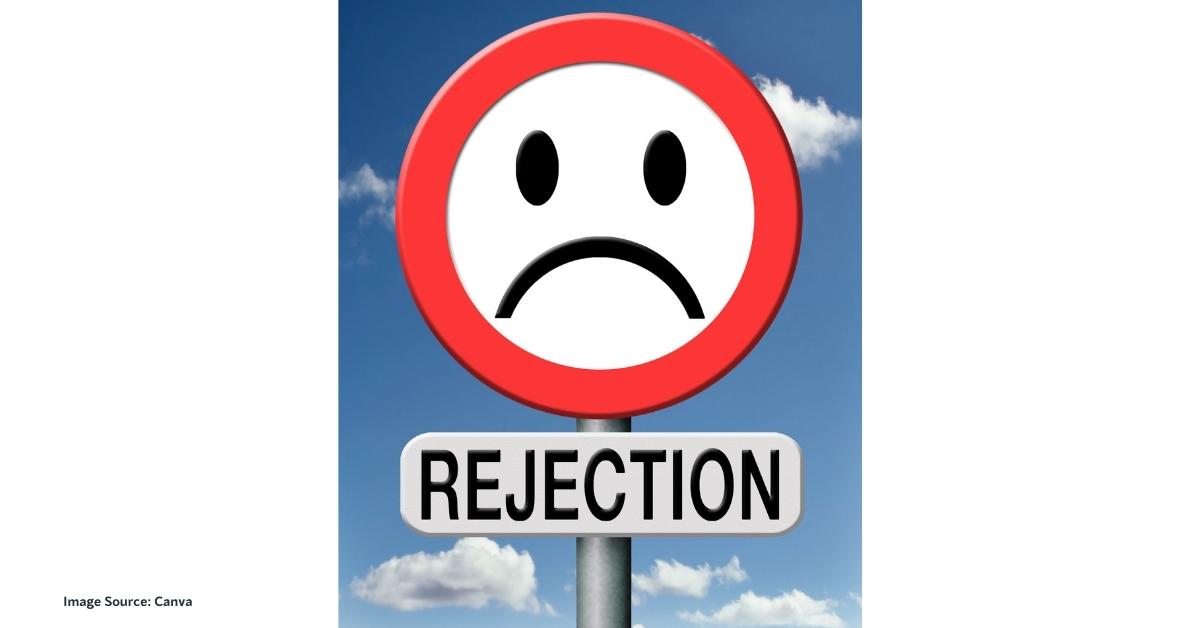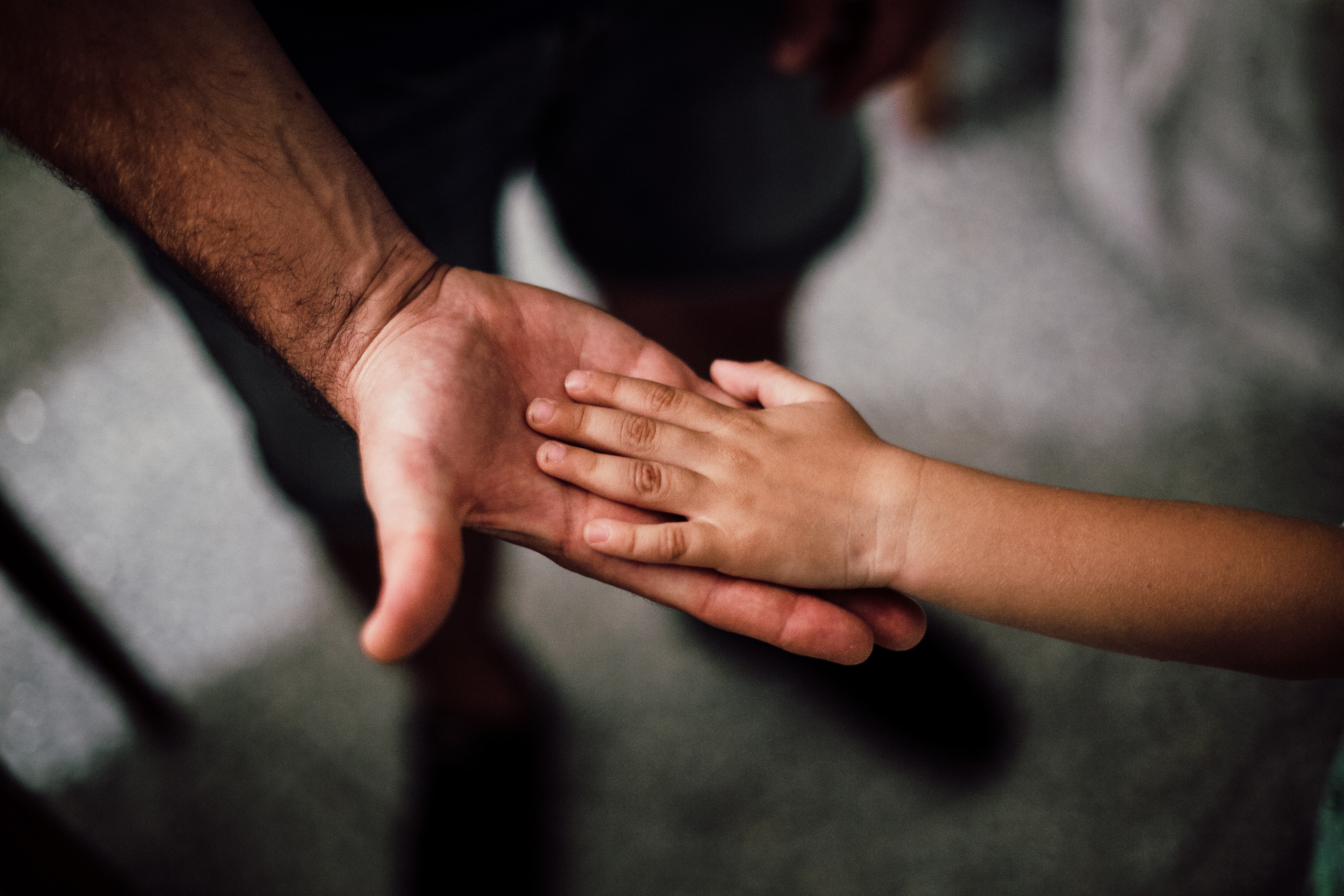Listen to this article in Audio
We’ve all heard before that human beings are social beings, meaning we need to belong and be accepted within the community. This, in turn, provides us with psychological and physiological protection while also giving us a meaningful and joyous life. Thus, we wish to avoid being excluded or rejected.
Rejection or acceptance is understood or perceived by us based on the reactions and messages coming from the environment. Once rejection is perceived, some individuals can handle it positively, while some understand it as an intentional act against them. The latter group gets preoccupied with the fear of rejection and is highly sensitive to rejection, making it challenging to maintain successful social relationships.
Thus, Downey and Feldman (1996) defined “the disposition to defensively expect, readily perceive, and intensely react to rejection” as Rejection Sensitivity. Rejection-sensitive individuals are anxious about rejection and overvaluing acceptance by significant others. Thus, they are constantly vigilant about rejection cues in interactions and have a low threshold of perceived rejection. On perceiving contradiction, their thought process leads them to feel intense emotions and behaviorally react in ways that affect their relationships negatively. Sometimes these behaviors lead to actual rejection from others, confirming their fears and increasing their rejection sensitivity. Overall, rejection sensitivity ultimately undermines the individual’s significant relationships as well as their mental health.
Rejection-sensitive individuals react in either of the following two ways. Those who view themselves as the cause of rejection give inward reactions such as withdrawal, anxiety, and depression. At the same time, the others see others as the reason for rejection and give external responses such as hostility and aggression. The former will continue to remain overly sensitive due to their avoidance, while the latter due to their harsh reactions that lead to non-acceptance by others.
Rejection Sensitivity is developed due to social experiences of the past. During childhood, rejection by parents, in forms such as abuse/violence, hostile attitudes, differential treatment, emotional neglect, or authoritarian parenting style, is an essential source of rejection sensitivity formation. It is also indicated that rejection sensitivity can affect rejection by peers, especially for individuals who have been victims of bullying, making them susceptible to being anxious and sensitive about future interpersonal relationships. From such experiences, individuals form strong mental associations triggered in social situations in the present, making them anxiously anticipate rejection.
Although rejection sensitivity affects all interpersonal relationships, it is said to be more intense for romantic relationships. The person we feel the most connected with has the power to inflict the most painful rejection on us. The importance of sincerity and closeness in romantic relationships gives rise to relational problems in people with high rejection sensitivity. Conflicts are a part of all relationships, and if the partners view it as an opportunity to resolve difficulties, they experience relationship satisfaction. Nonetheless, if it is perceived as a signal for rejection, they fail in conflict resolution, leading to dissatisfaction and frustration. Rejection-sensitive individuals perceive their partner's insensitive or ambiguous behavior as an intentional rejection resulting in the development of conflicts or enhancement of existing conflicts.
Not only does high rejection sensitivity increase personal distress, but it also leads to maladaptive behaviors that strain the couples’ bond. Some sensitive individuals exhibit depression, loneliness, and withdrawal behaviors, while others exhibit jealousy, hostility, violence, and forced self-acceptance. These actions create an emotional distance, which exacerbates with time. The rejection-sensitive individuals’ partners may feel irritated, dissatisfied, and suffocated in the relationship. If the rejection-sensitive individual does not self-regulate and work to resolve the conflicts, the partner will then end the relationship thus, leading to the very rejection one feared. The constant anxiety due to the high possibility of rejection can also completely avoid getting involved in romantic relationships.
It is important to note that sensitivity is not wrong or something that we should judge ourselves for. It is activated for a self-protection purpose and is of critical value in situations where actual threats and rejection triggers exist. Only when rejection sensitivity is activated despite minimum or no rejection cues, it loses its function, making the individual unnecessarily react and leading them in the direction of actual rejection and relational conflicts. We also need to acknowledge the fact that not all people get affected by rejection sensitivity equally.
Lastly, it is essential to highlight that individuals can learn to cope with extreme rejection sensitivity to deter unwanted behavioral reactions and negative interpersonal consequences.
What can be done to tackle Rejection Sensitivity?
The first step would be to introspect and understand if one has a fear of rejection.
- One should lookout for signs such as overthinking about rejection, continuously looking for signs of rejection, avoiding relationships to stay away from rejection, facing several conflicts related to issues centered around feeling rejected, etc. Once identified, the individuals should evaluate whether the rejection they are perceiving is really present or not.
- This can be done by openly communicating and looking out for facts beyond the available ones since one might be preoccupied with solely focusing on the negatives.
- Help should be sought if one is feeling extremely overwhelmed by the thought of getting rejected and facing several relationship issues due to their anxious rejection anticipations.
- Therapy can be aimed at training the individuals to work on their perceptions and thinking patterns, develop emotional regulation and self-regulation skills, learn conflict management and problem-solving, and build more supportive relationships to overcome their fears.
Nonetheless, rejection sensitivity can only be managed if the individual shows motivation to change.“
“Being highly sensitive is both a gift and a responsibility.”
- Jenna Avery

.jpg)


